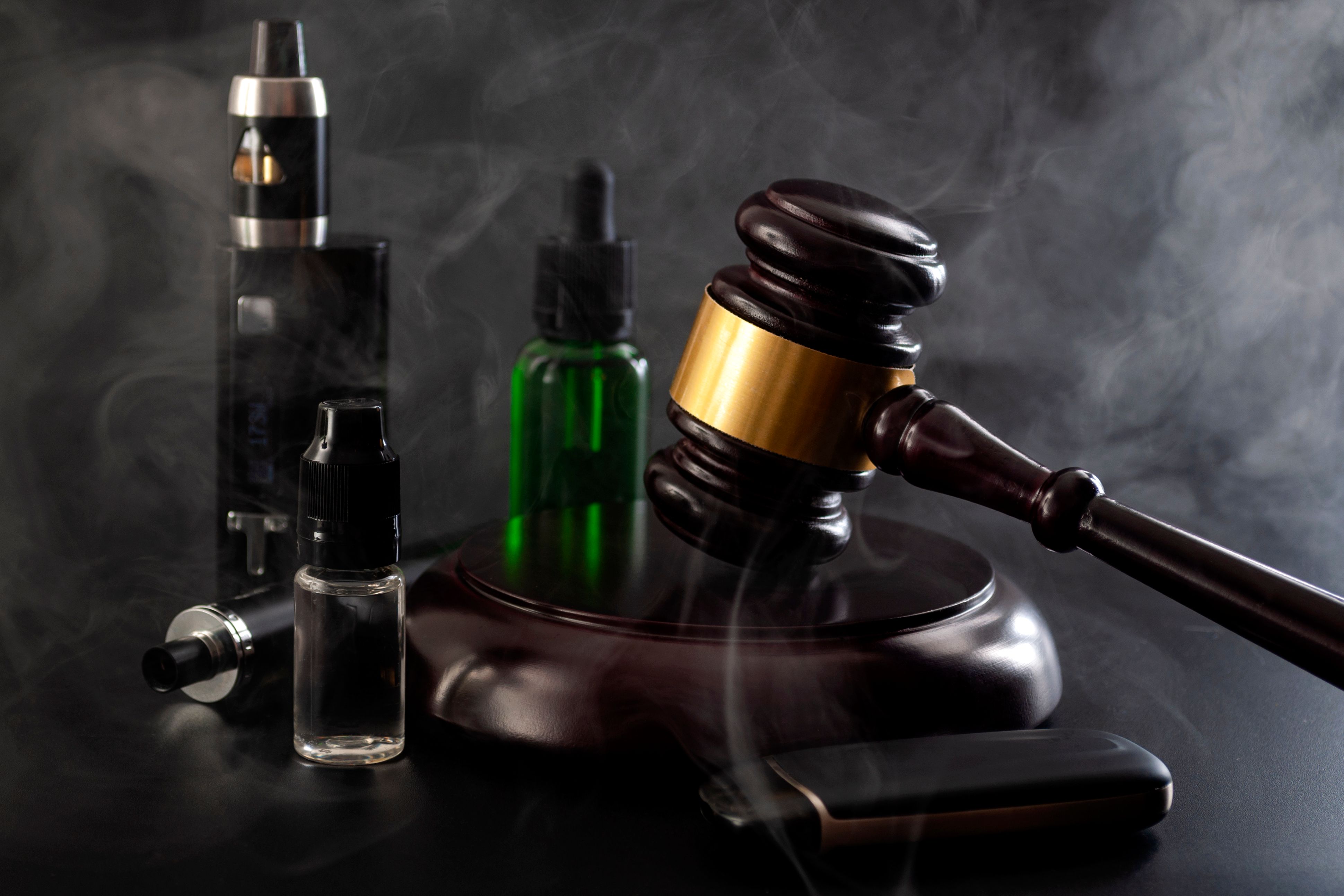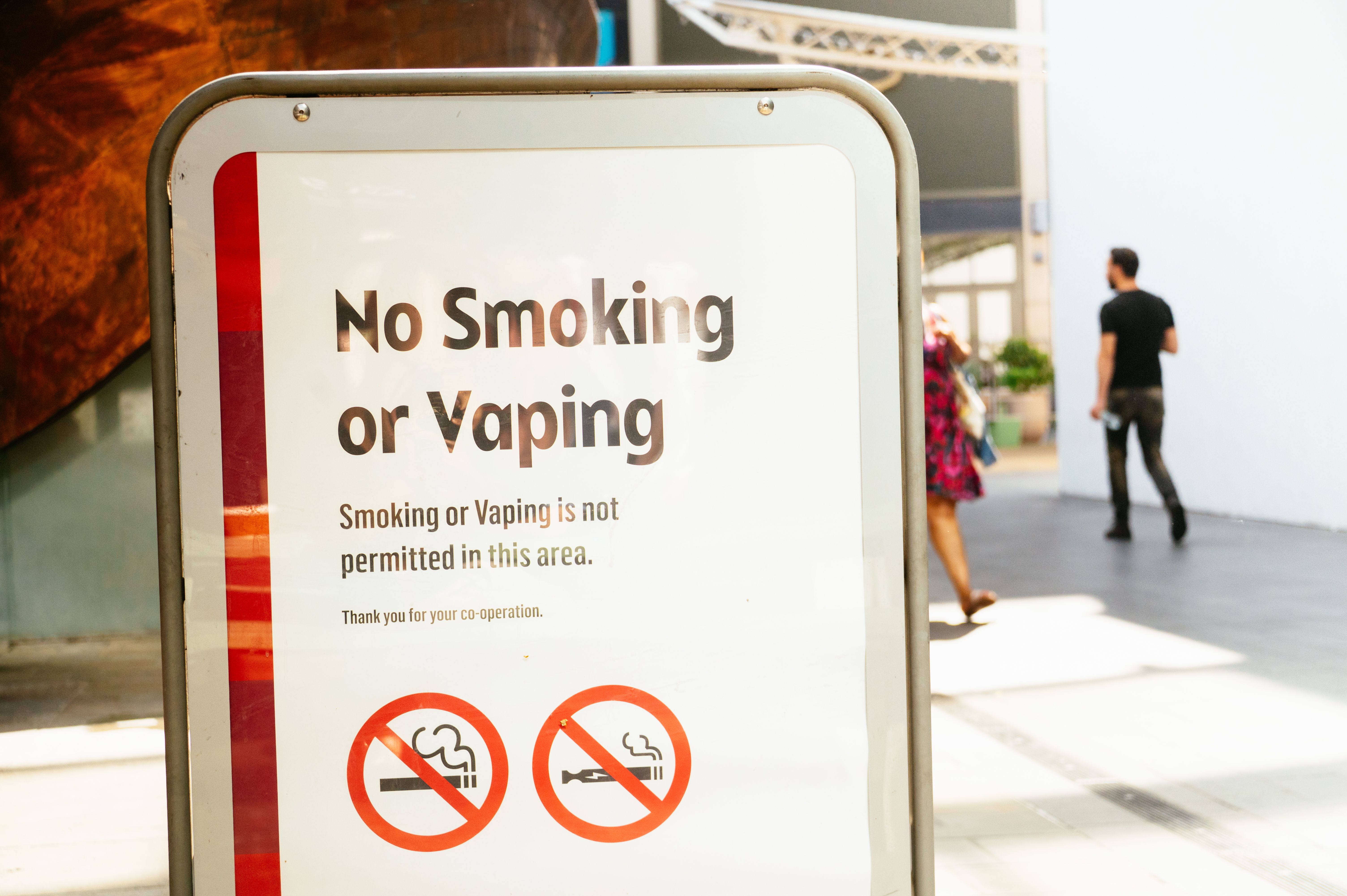Understanding Vaping Laws in the United States
SH
Introduction to Vaping Laws
Understanding vaping laws in the United States can be challenging due to the variety of regulations at the federal, state, and local levels. These laws aim to address public health concerns associated with vaping, especially among minors. As vaping continues to grow in popularity, staying informed about these laws is essential for both consumers and businesses.

Federal Regulations
The Food and Drug Administration (FDA) plays a pivotal role in regulating vaping products in the United States. Under the Family Smoking Prevention and Tobacco Control Act, the FDA has the authority to regulate tobacco products, including e-cigarettes. This authority extends to the manufacturing, distribution, and marketing of vaping products.
Key federal regulations include:
- Age Restrictions: The legal age to purchase vaping products is 21 years nationwide.
- Product Standards: Manufacturers must comply with certain standards regarding ingredients and labeling.
- Marketing Restrictions: There are strict limits on advertising, especially those targeting minors.
State-Specific Laws
While federal laws provide a baseline, individual states can impose additional restrictions. Many states have enacted laws that regulate where vaping products can be used, sold, and advertised. Some states have higher taxes on vaping products to discourage use, while others have implemented flavor bans to reduce appeal to younger audiences.

Examples of State Regulations
For instance, California has comprehensive vaping laws that include flavor bans and restrictions on where vaping products can be used. New York has also implemented stringent laws, including bans on flavored e-liquids. It's crucial for vapers and businesses to be aware of the specific laws in their state to ensure compliance.
Local Ordinances
Beyond state regulations, local municipalities may have their own ordinances governing vaping. These can include additional restrictions on vaping in public spaces or further limitations on the sale of vaping products. Local laws can vary significantly, so it's important to stay informed about the rules in your area.

Impact on Businesses
Businesses involved in the manufacturing or selling of vaping products must navigate this complex legal landscape. Compliance with both federal and state laws is essential to avoid penalties. This often involves meticulous attention to product labeling, advertising practices, and sales protocols.
Additionally, businesses should stay updated on any changes in legislation to adapt their practices accordingly. This includes training staff on legal age verification processes and maintaining proper documentation for product ingredients and marketing materials.
Conclusion
Understanding vaping laws in the United States requires awareness of federal, state, and local regulations. These laws are designed to protect public health, particularly for younger populations. Staying informed and compliant ensures the safe and legal enjoyment of vaping products.